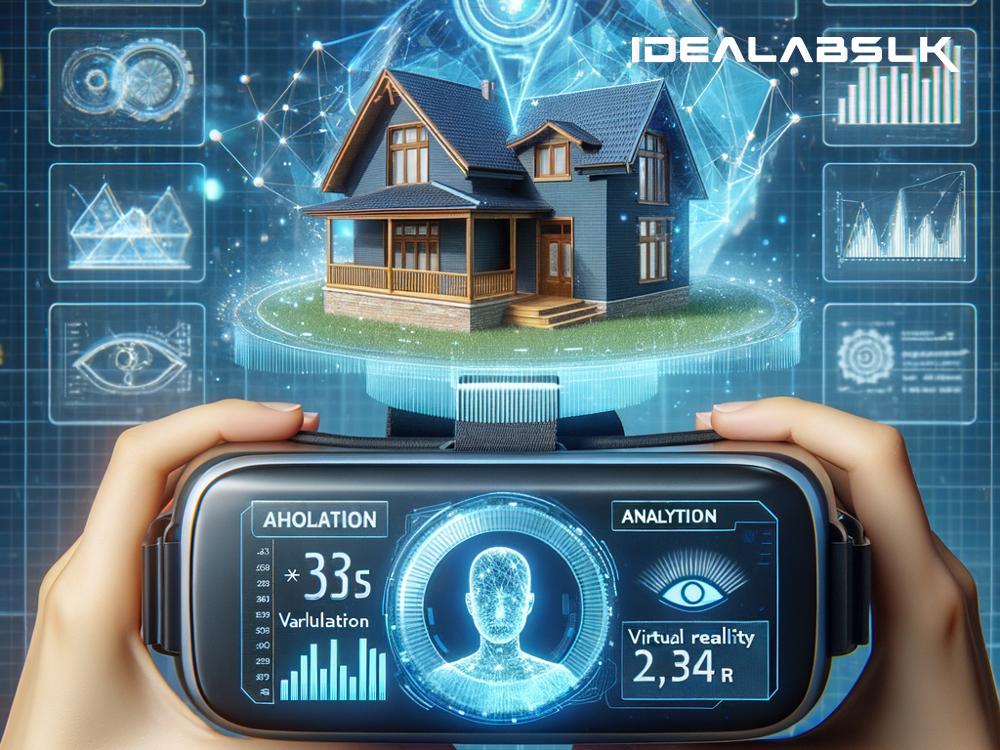As technology evolves at a rapid pace, artificial intelligence (AI) is increasingly becoming a game-changer in various industries. One sector witnessing significant transformation thanks to AI is real estate, especially in the area of property appraisal. Traditionally, appraising a property was a time-consuming task, heavily reliant on human expertise and manual data analysis. However, AI is changing all that, bringing about efficiency, accuracy, and a wealth of other benefits. Let's explore how AI is revolutionizing the real estate appraisal processes, making them simpler, faster, and more reliable.
1. Speeding Up the Appraisal Process
One of the most notable impacts of AI in real estate appraisal is the significant reduction in time it takes to evaluate a property. In the past, appraisers had to physically visit properties, take notes, and spend hours, if not days, analyzing data to determine a property's value. Now, with AI, much of this process can be automated. AI algorithms can quickly sift through vast amounts of data, including property records, neighborhood information, market trends, and more, to provide appraisals in a fraction of the time it used to take. This speed not only saves time for appraisers but also benefits buyers and sellers who are eager to move forward with their transactions.
2. Enhancing Accuracy
Human error is a reality in any process that requires a lot of data analysis and subjective judgment. AI helps mitigate this by providing a level of precision that wasn't possible before. It analyzes historical and current market data, property conditions, locations, and numerous other factors with pinpoint accuracy. By processing this information, AI systems can generate value estimations that are incredibly close to what a thorough market analysis by a human expert would reveal, but with much less room for error.
3. Better Access to Information
AI systems can access and process information from a wide range of sources in real-time. This includes databases that track property transactions, price trends, online listings, and even social media and other websites for additional insights. This pool of data is much broader than what a human appraiser could reasonably access and analyze on their own. As a result, AI-driven appraisals can offer a more comprehensive view of a property's value, incorporating factors that might have been overlooked otherwise.
4. Predictive Analysis
Beyond just analyzing current data, AI can also make predictions about future market trends and how they might affect property values. By learning from historical data patterns, AI algorithms can forecast changes in the real estate market, such as price increases or decreases in specific areas. This predictive capability can be incredibly valuable for investors looking to make strategic decisions about when to buy or sell properties.
5. Enhancing Transparency
The algorithms used in AI-driven appraisals can bring a new level of transparency to the appraisal process. Since these algorithms can be standardized and their inputs verified, it's easier to understand how a particular valuation was reached. This transparency can help build trust among all parties involved in a real estate transaction, as they can have more confidence that the appraisal is both accurate and unbiased.
6. Customized Appraisal Reports
AI can also tailor appraisal reports to meet the specific needs of various stakeholders, whether they are buyers, sellers, real estate agents, or investors. By analyzing the data points most relevant to each party, AI can produce customized reports that highlight the information most important to the decision-making process, all generated quickly and efficiently.
In summary, AI is transforming the real estate appraisal process in significant ways. It's making appraisals faster, more accurate, and more accessible, providing predictive insights, enhancing transparency, and allowing for customized reports. As AI technology continues to evolve, we can expect these benefits to grow even more pronounced, further revolutionizing how property values are determined. For anyone involved in real estate, keeping an eye on these developments is crucial, as AI is undoubtedly shaping the future of the industry.

